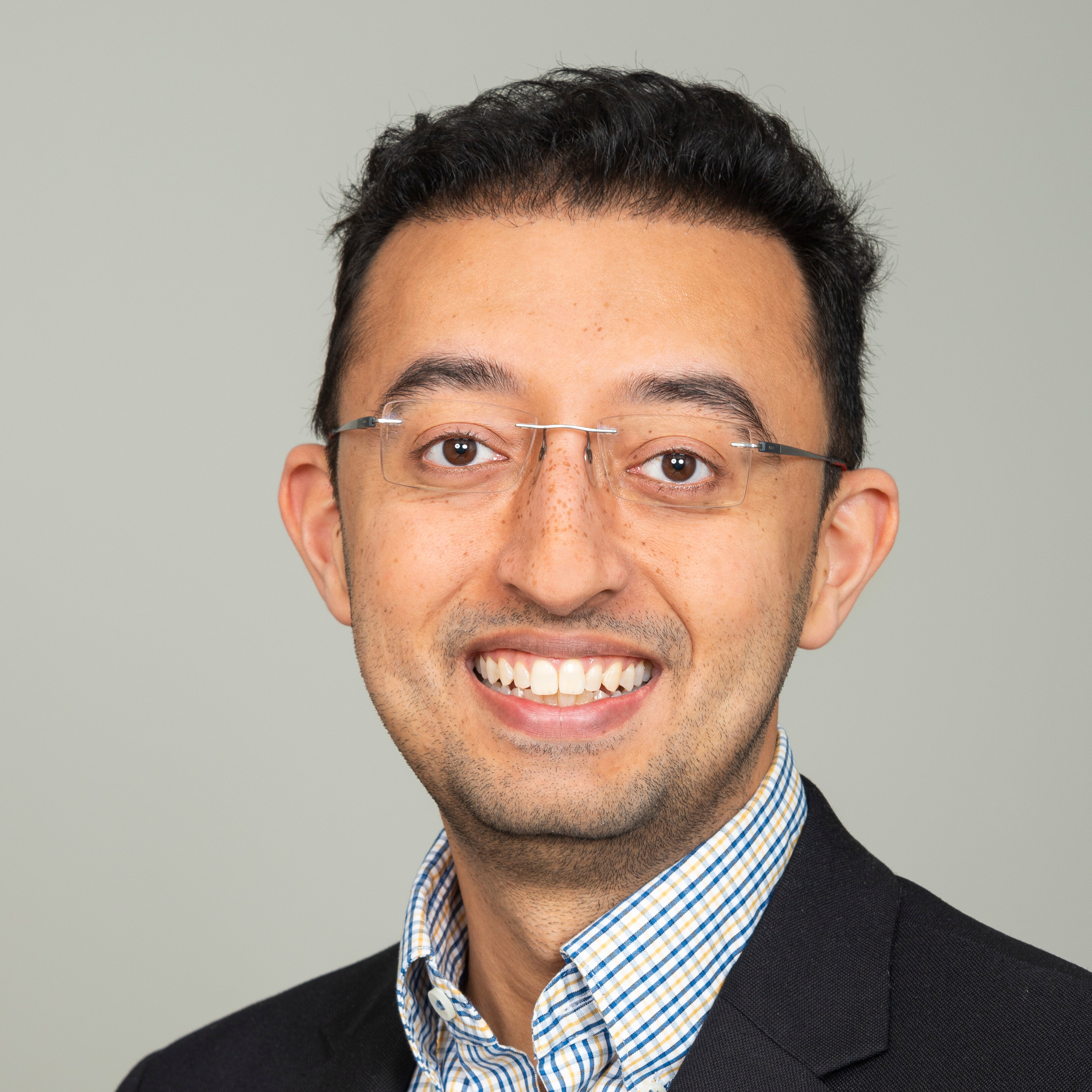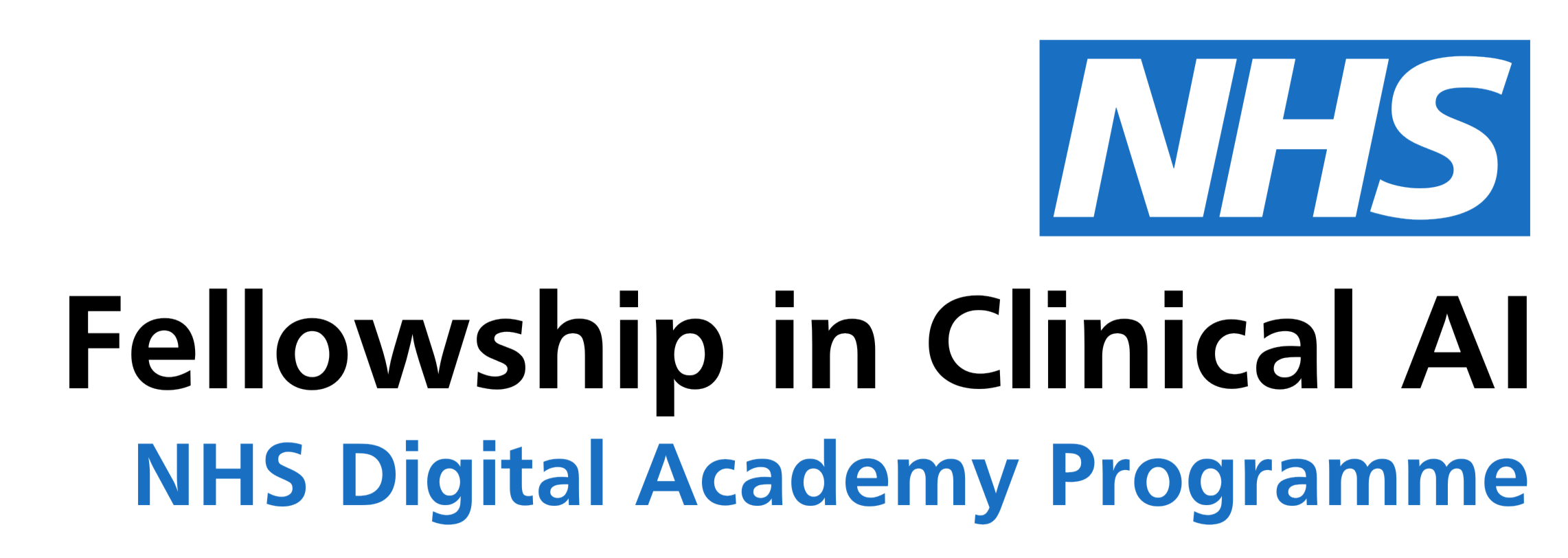
Sunil Mamtora
Fellow in Clinical AI, Cohort 3
Fellowship Bio
Sunil Mamtora is an Ophthalmology Registrar at the Bristol Eye Hospital, part of the Severn Deanery. Throughout his training he has been involved with projects related to AI - these include the development of machine learning models to assess slit-lamp videos.
Fellowship Project
An artifical intelligence algorithm prediciting readiness for discharge in intensive care patients
University Hospitals Bristol NHS Foundation Trust
Decisions related to the optimal timing of discharge from the ICU to a ward-based level of care are known to be complex due to their multi-factorial nature. Advanced planning of patient discharge from the ICU is important to facilitate patient flow and optimise capacity. Since 2017, a team of researchers and data scientists at University of Bristol alongside clinicians at University Hospital Bristol and Weston (UHBW) have been designing and evaluating an artificial intelligence (AI) model which aims to standardise clinical discharge decision making, prompting safe and timely patient step down to wards. Trained on historical Intensive Care Unit (ICU) data; SMARTT uses patient’s recent physiological data to predict if a patient is currently physiologically ready for discharge (RFD), facilitating patient flow and maximising the use of limited ICU bed space. Throughout my time as a member of this time my main responsibility has been centred around the evaluation of SMARTT and to develop a strategy for evaluation - the initial focus of this has been to compare the outputs of SMARTT versus clinical documentation within an electronic medical record. The results of this first phase will be presented at an upcoming intensive care and anaesthetics conference. We will shortly move towards a second phase of evaluation where we will demonstrate the outputs of SMARTT to clinicians in real-time and assess how the addition of the information may be able to influence clinical care. We will be able assess the extent to which SMARTT may be able to support earlier discharge of patients which may improve ITU capacity.
Fellowship Testimonial
The fellowship has been a fantastic experience – to start with I have been able to get to know an incredible cohort of fellows who are likeminded in their drive to improve the implementation of artificial intelligence in clinical practice. Even though the team and project that I was assigned to during my fellowship wasn’t directly related to the specialty I practice in I was still able to learn so much - product conceptualisation, working in a clinical team on an AI tool, product evaluation, product commercialisation, collaborating with industry, designing product features and much more. Beyond my allocated project I did have the flexibility and freedom to also work on an Ophthalmology related project which is related to developing machine learning models to analyse slit-lamp videos – something that I very much hope to continue to work on even after the conclusion of my NHS Fellowship in Clinical AI. Throughout the year we have had regular teaching days which have provided a detailed insight within clinical AI – I come away from this year with a much deeper understanding of the challenges that exist in the procurement and implementation of AI tools and feeling much more confident about how I might approach such challenges in my future consultant career. For anyone reading this who is thinking of applying for the programme – don’t hesitate, the access to expertise is second to none and you will develop more than you can imagine – knowledge of clinical AI is going to be invaluable in the near future – I would argue that it already is.


